Economies, Free Full-Text
Por um escritor misterioso
Last updated 31 julho 2024
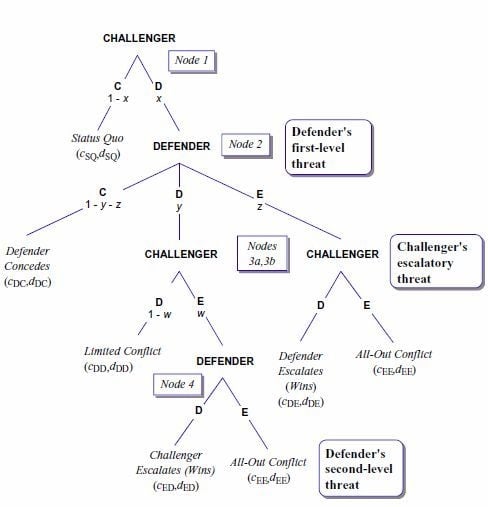
This study surveys and evaluates previous attempts to use game theory to explain the strategic dynamic of the Cuban missile crisis, including, but not limited to, explanations developed in the style of Thomas Schelling, Nigel Howard and Steven Brams. All of the explanations were judged to be either incomplete or deficient in some way. Schelling’s explanation is both empirically and theoretically inconsistent with the consensus interpretation of the crisis; Howard’s with the contemporary understanding of rational strategic behavior; and Brams’ with the full sweep of the events that define the crisis. The broad outlines of a more general explanation that addresses all of the foundational questions associated with the crisis within the confines of a single, integrated, game-theoretic model with incomplete information are laid out.

U.S. Creator Economy Estimated At 27 Million, Full-Timers
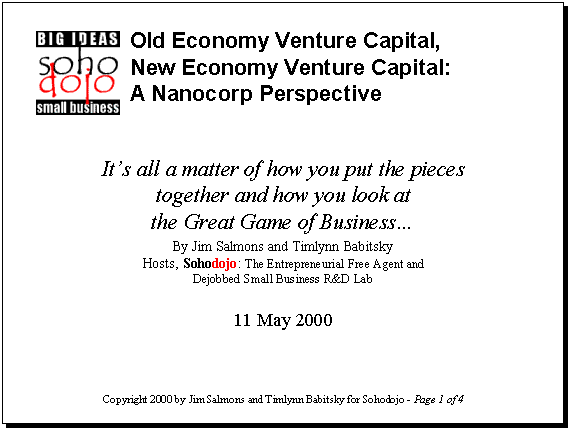
Sohodojo - New Economy Venture Capital and the Nanocorp - 1

Sustainability, Free Full-Text

Knowledge, Validation, and Transfer: Science, Communication, and
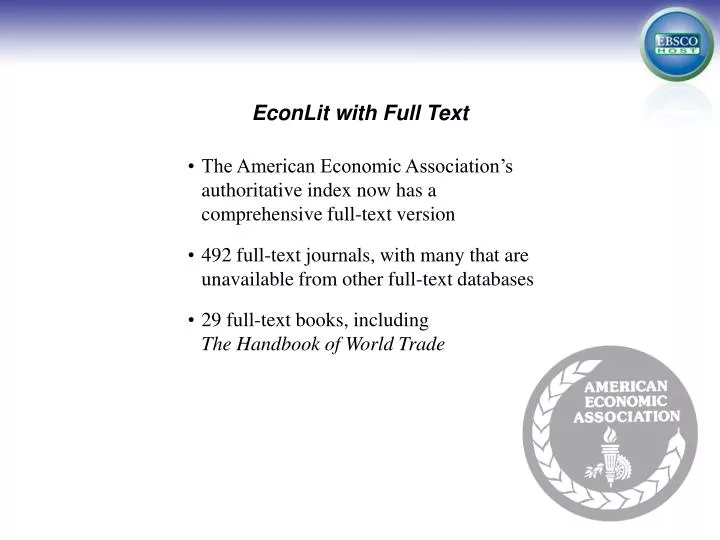
PPT - EconLit with Full Text PowerPoint Presentation, free
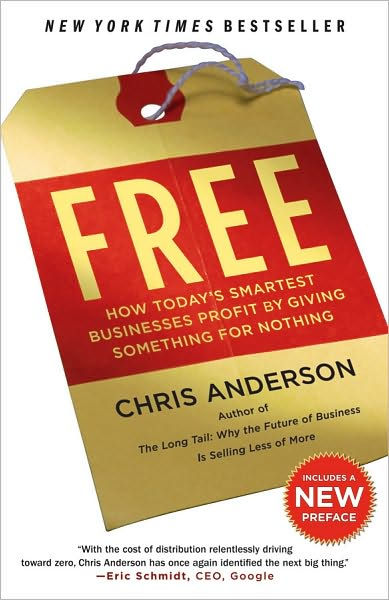
Free by Chris Anderson
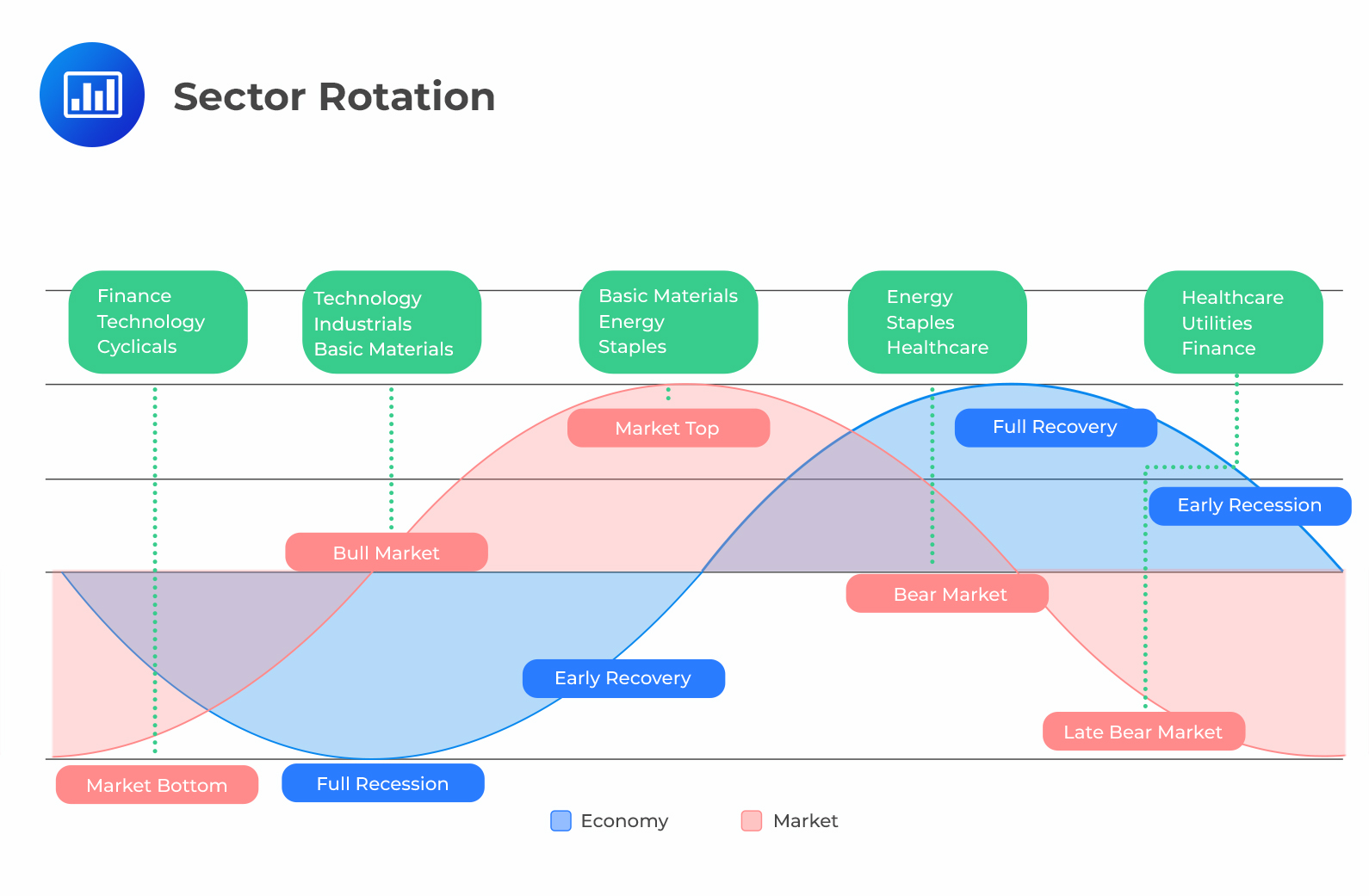
Economic Analysis in Sector Rotation Strategies - CFA, FRM, and

Social sustainability and equity in the blue economy - ScienceDirect
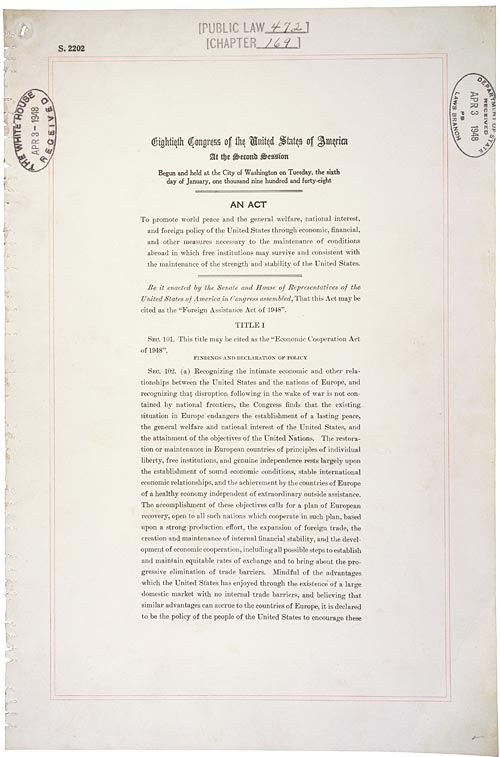
Marshall Plan (1948)
Recomendado para você
-
 Cuba - Cuba - Results, fixtures, squad, statistics, photos, videos31 julho 2024
Cuba - Cuba - Results, fixtures, squad, statistics, photos, videos31 julho 2024 -
 Camaguey - Soccer - BetsAPI31 julho 2024
Camaguey - Soccer - BetsAPI31 julho 2024 -
 Preview: Haiti vs. Cuba - prediction, team news, lineups - Sports Mole31 julho 2024
Preview: Haiti vs. Cuba - prediction, team news, lineups - Sports Mole31 julho 2024 -
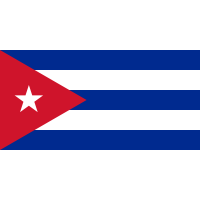 Cuba - Latest Results, Fixtures, Squad31 julho 2024
Cuba - Latest Results, Fixtures, Squad31 julho 2024 -
Haiti vs Cuba live score, H2H and lineups31 julho 2024
-
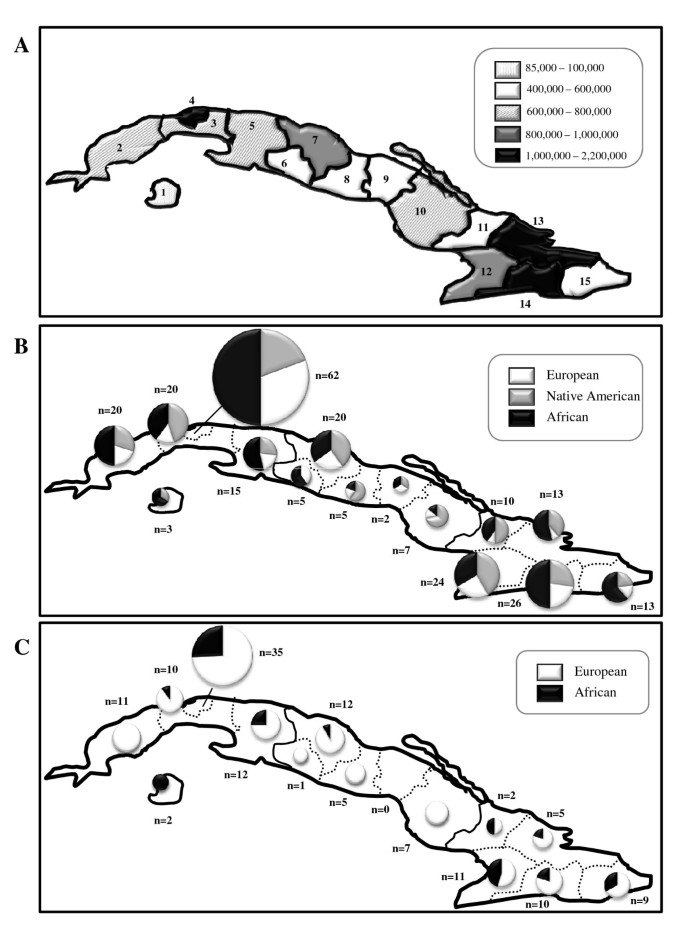 Genetic origin, admixture, and asymmetry in maternal and paternal human lineages in Cuba, BMC Ecology and Evolution31 julho 2024
Genetic origin, admixture, and asymmetry in maternal and paternal human lineages in Cuba, BMC Ecology and Evolution31 julho 2024 -
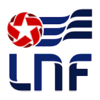 Liga Nacional 2023 Live Scores, Results & Odds31 julho 2024
Liga Nacional 2023 Live Scores, Results & Odds31 julho 2024 -
 DNA results. Both parents are Cuban. : r/AncestryDNA31 julho 2024
DNA results. Both parents are Cuban. : r/AncestryDNA31 julho 2024 -
 Preview: Cuba vs. Honduras - prediction, team news, lineups - Sports Mole31 julho 2024
Preview: Cuba vs. Honduras - prediction, team news, lineups - Sports Mole31 julho 2024 -
 Cuba's Less Than Beautiful Game Institute for War and Peace Reporting31 julho 2024
Cuba's Less Than Beautiful Game Institute for War and Peace Reporting31 julho 2024
você pode gostar
-
 Padrão Vetor Clássico Xadrez Tartan Para Impressão Camisa Tecido Têxteis imagem vetorial de Kamui7mx© 44588534031 julho 2024
Padrão Vetor Clássico Xadrez Tartan Para Impressão Camisa Tecido Têxteis imagem vetorial de Kamui7mx© 44588534031 julho 2024 -
 BLOX FRUITS: ATINGI A RAÇA V3! mas foi mais DIFÍCIL do que pensei (One Piece do Roblox)31 julho 2024
BLOX FRUITS: ATINGI A RAÇA V3! mas foi mais DIFÍCIL do que pensei (One Piece do Roblox)31 julho 2024 -
 GRA PS2 SHELLSHOCK NAM' 67, Strategiczne31 julho 2024
GRA PS2 SHELLSHOCK NAM' 67, Strategiczne31 julho 2024 -
 How crossword puzzles mess with your mind31 julho 2024
How crossword puzzles mess with your mind31 julho 2024 -
 Swimmer Riley Gaines slams ESPN for Lia Thomas Women's History31 julho 2024
Swimmer Riley Gaines slams ESPN for Lia Thomas Women's History31 julho 2024 -
 List of Naruto Manga Chapters31 julho 2024
List of Naruto Manga Chapters31 julho 2024 -
Jogar jogos Steam utilizando a GeForce NOW – FAQ31 julho 2024
-
 Chapéu de Palha Luffy Ace Chopper One Piece31 julho 2024
Chapéu de Palha Luffy Ace Chopper One Piece31 julho 2024 -
 Jogo Copos Cylinder 350ml - 6 Peças Nadir31 julho 2024
Jogo Copos Cylinder 350ml - 6 Peças Nadir31 julho 2024 -
 Pin em puzzle31 julho 2024
Pin em puzzle31 julho 2024